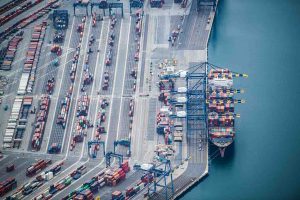 Clean PET flake may be allowed into China instead of being considered a waste prohibited from import, according to several sources with knowledge of the situation.
Clean PET flake may be allowed into China instead of being considered a waste prohibited from import, according to several sources with knowledge of the situation.

 Clean PET flake may be allowed into China instead of being considered a waste prohibited from import, according to several sources with knowledge of the situation.
Clean PET flake may be allowed into China instead of being considered a waste prohibited from import, according to several sources with knowledge of the situation.
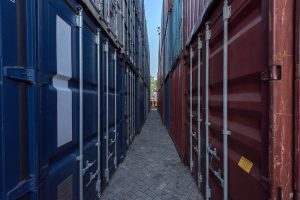 China has ratcheted up inspection requirements for recyclables imported from the U.S., requiring every load to be opened for inspection and shutting down the only organization providing pre-shipment approval in the U.S.
China has ratcheted up inspection requirements for recyclables imported from the U.S., requiring every load to be opened for inspection and shutting down the only organization providing pre-shipment approval in the U.S.

China plans to prohibit imports of post-industrial scrap plastic by the end of the year, according to documents published by the country’s environmental department.
China has issued its latest round of import permits for scrap materials, and approved volumes remain particularly low on the plastics side.
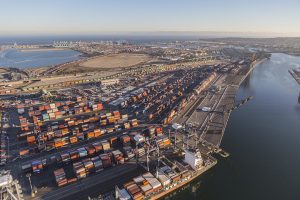
In the course of one year, Los Angeles-area exporters cut their scrap polyethylene shipments to China by 99 percent, leaving thousands of tons of plastic looking for a home. Other countries were only able to absorb about one-fifth of the volume.
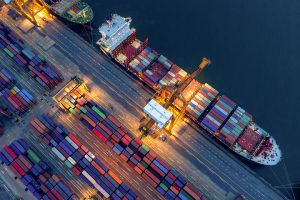 Chinese officials have accused the U.S. of hypocrisy for denigrating the scrap imports ban amid a brewing trade war between the two nations.
Chinese officials have accused the U.S. of hypocrisy for denigrating the scrap imports ban amid a brewing trade war between the two nations.
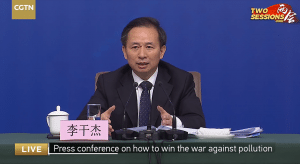
Li Ganjie, China’s minister of environmental protection
China’s top environmental official has quantified the reduction in scrap materials flowing into the country as a result of recent restrictions. He also spoke publicly about the market fallout and the criticism China has received for enacting its reforms.

Last year presented an upheaval in the global recovered plastics market, and the impacts continue to roll in. Three experts recently shared their thoughts on the specific causes of the volatility.
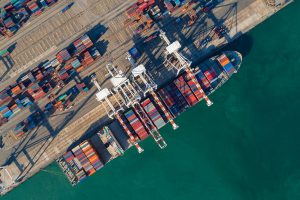 Officials in China have announced an enforcement campaign to implement the country’s new import restrictions.
Officials in China have announced an enforcement campaign to implement the country’s new import restrictions.
 During a plenary session at the Plastics Recycling Conference last week, major exporters opened up about alternative markets, quality improvements, and operational and contractual changes they’ve made in response to China’s import restrictions.
During a plenary session at the Plastics Recycling Conference last week, major exporters opened up about alternative markets, quality improvements, and operational and contractual changes they’ve made in response to China’s import restrictions.
